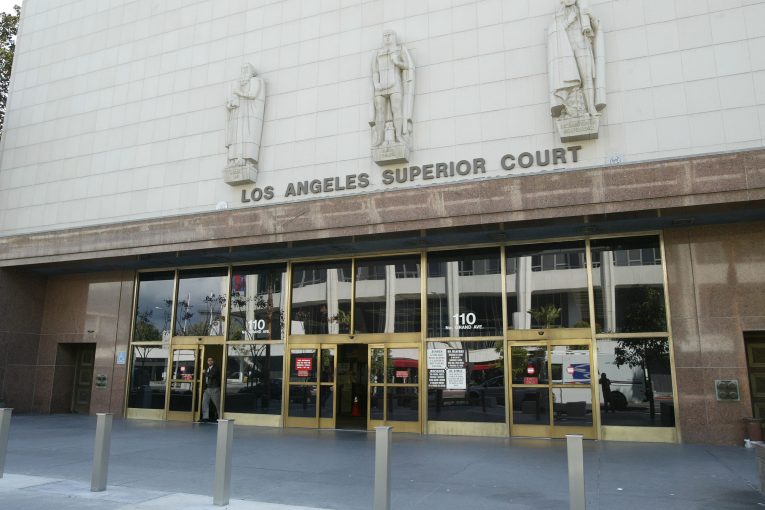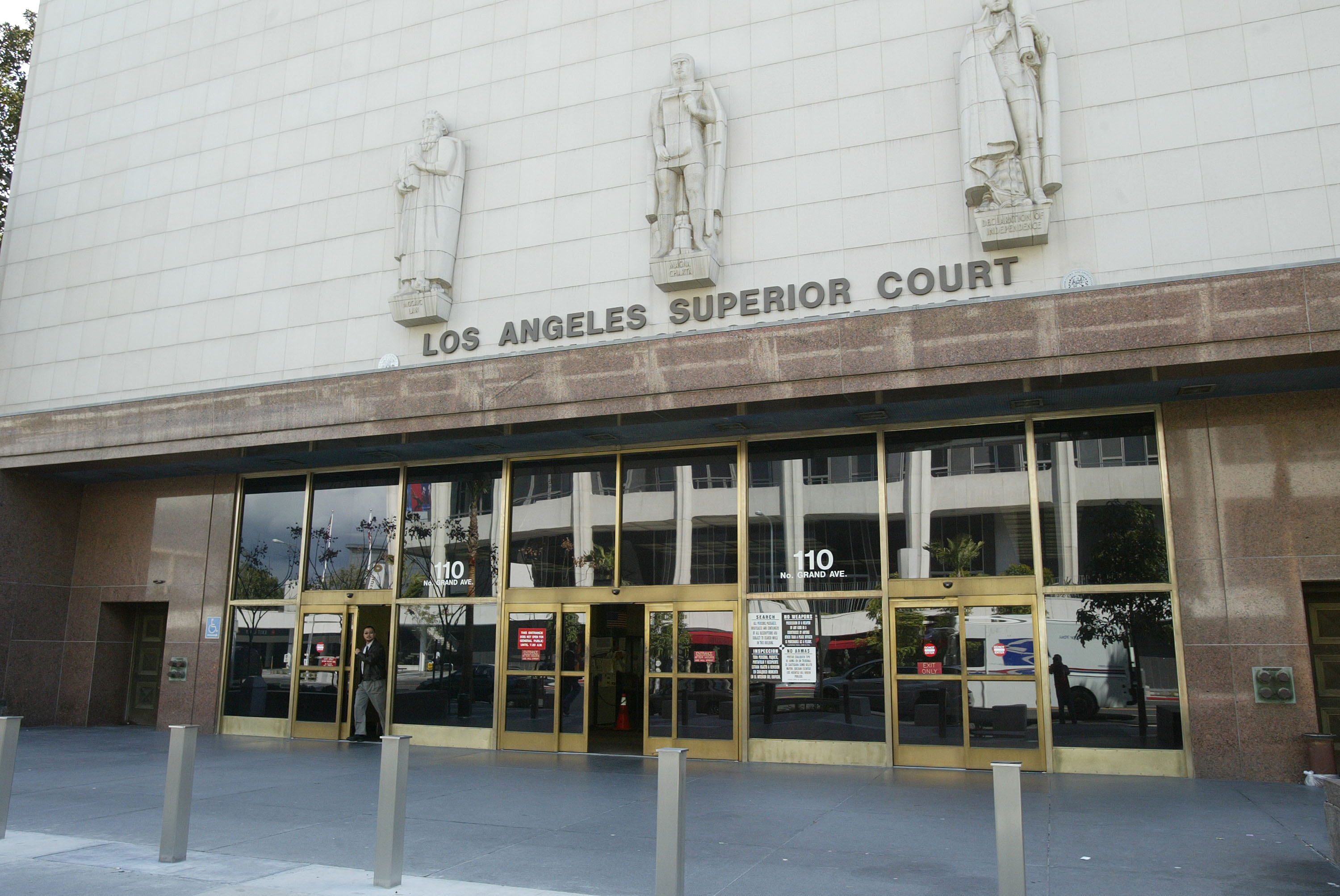

By Naomi Cherone
LOS ANGELES — The Los Angeles Superior Court (LASC) promises to provide equal access to justice, but the falsity of this claim has become evident in the court’s poor transition into a remote format.
On their website, the LASC claims, “Whether appearing by phone, from home, the office or coming to the courthouse, Here For You | Safe For You provides safe, efficient options to access justice.”
Yet, there is an evident disconnect when it comes to the LASC’s claims and the actions they have taken to amend their technical troubles, according to the Court Watch Los Angeles, and their partner organizations: Dignity and Power Now, La Defensa, From Gangs to Glory Opportunity Foundation, San Bernardino Free Them All, American Civil Liberties Union of Southern California, Social Eco Education-LA, and Essie Justice Group.
Rebecca Brown, a legal fellow at the National Lawyers Guild Los Angeles and member of Court Watch LA, wrote an impactful letter to Presiding Judge Eric Taylor on behalf of Court Watch LA and their partner organizations.
Brown presented a clear call to action: make the system accessible for all, ensure that technical apparatus are working within the courtroom, and uphold the constitutional right of the people to listen in on court hearings.
In the letter, Brown explained that out of nine instances of trying to remotely listen to a court hearing, only one had been successful.
“On February 26th, we attempted to listen to proceedings in Department 48 at Clara Shortridge Foltz Criminal Justice Center. We logged on to the streaming platform at 8:30 and the player said ‘streaming currently unavailable’… there was no sound. At 9:45, we could hear an announcement that court resumed and could hear the cases being heard… the stream turned back on at 10:25 then turned off again five minutes later at 10:30. In total, we could hear 15 minutes of proceedings in two hours,” said Brown.
On several other occasions, individuals that contacted the help desk while experiencing difficulties with the livestreams were given what seemed to be remedial answers, in response to the concerns expressed.
Brown recounted an exchange with the help desk: “We called the help desk at 10:00. We were informed that the volume was turned down in the department and that a technician would turn up the volume in approximately ten minutes. We were never able to hear any speaking.”
Brown noted that LASC’s implementation of the Remote Audio Attendance Program (RAAP), has helped bridge some of the gaps brought on by the COVID-19 pandemic, but also made it clear that the RAAP’s technical failures are simply unacceptable and need to be addressed immediately.
“If this system [RAAP] is not fully functioning, it cannot fulfill its purpose of granting the public, including the families of people who are incarcerated or facing charges, access to court proceedings. As the U.S. Supreme Court has recognized, ‘[t]he loss of First Amendment freedoms, for even minimal periods of time, unquestionably constitutes irreparable injury,” mentioned Brown in her letter to the court.
Yet the Clerk of Court, Sherri R. Carter, seemed to completely overlook Brown’s concerns that the malfunctioning of RAAP could be considered an infringement of the First Amendment.
In her response letter to Brown and Court Watch LA, Carter only highlighted the successes of the program.
“Since its inception, RAAP has facilitated more than 6,000 requests to listen remotely to non-confidential proceedings across all case types. During this period, the Court has received largely positive feedback from numerous news reporters, attorneys, family members and others about RAAP and its audio quality,” said Carter.
Clark wrapped up her response to Brown by thanking them for their feedback. “The Court will continue to prioritize safe access to justice as we enter the second year of this ongoing pandemic,” said Clark.
LASC has yet to provide a course of action about addressing technical issues and Clark’s response letter to Brown did little to address the concerns of Court Watch LA and its partner organizations.
Brown, Court Watch LA, and its partner organizations continue to urge the Court to be more proactive about ensuring that RAAP is working efficiently by responding to technical difficulties more swiftly, ensuring judges do not silence the audio during nonconfidential hearings, and making sure that audio and visual streaming are working while conducting regular tests of the program.
Until then, the public is left with resorting to contacting the unresponsive help desk and hoping that the technical, transparency, and accessibility issues are fixed.
 Naomi Cherone is a writer for the LA Vanguard’s social justice desk. She is a San Diego native that is majoring in Sociology at UCLA, while planning on pursuing law in the near future.
Naomi Cherone is a writer for the LA Vanguard’s social justice desk. She is a San Diego native that is majoring in Sociology at UCLA, while planning on pursuing law in the near future.
To sign up for our new newsletter – Everyday Injustice – https://tinyurl.com/yyultcf9
Support our work – to become a sustaining at $5 – $10- $25 per month hit the link: